Documentary White Nanny Black Child , explores the story of unregulated fostering of Black babies and children into white families across the UK
‘I’ve always been the only Black person in my family, in my street, in my school,’ says Remi.
She is one of tens of thousands Nigerian children who were privately fostered by white families in the four decades since 1955, in a controversial practice known as ‘farming’.
The placements left a generation of children bereft of community and confused about their identity, with many of them still grappling with residual trauma still today.
Seal, Kris Akabussi, Florence Olajide, Gina Yashere, Nelson Abbey, Adewale Akinnuoye-Agbaje, John Fashanu and Justin Fashanu were all privately fostered, and many of those that lived through this contentious unofficial policy have had to live with its impact for decades.
The phenomenon is heavily undocumented; a secret that Britain has buried and failed to deal with. But Remi is now telling her story as part of a new film, White Nanny Black Child, which explores the story of unregulated fostering of Black babies and children into white families across the UK.
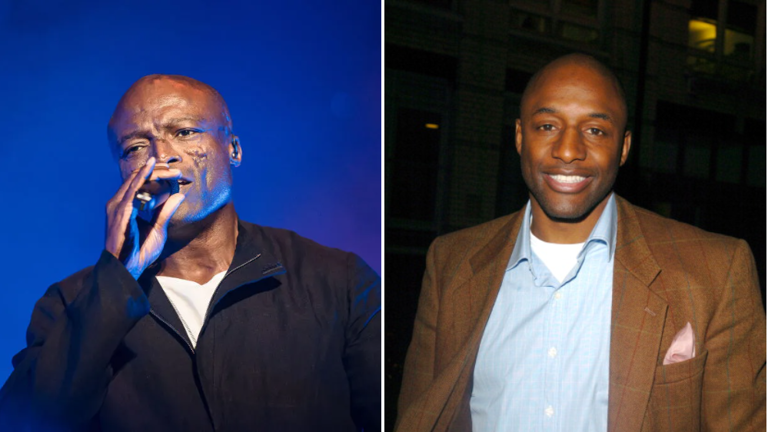
Seal (L) and John Fashanu (R) – along with brother Justin -were both privately fostered (Picture: Getty)© Provided by Metro
Remi’s challenging childhood was spent being passed to and fro between foster carers and her biological parents. Her story is one of fear, insecurity and lack of agency. Taken in by a British family at six weeks old, her formative years were difficult and disjointed.
She recalls her foster mother having an argument with her biological parents about who would pay for the upkeep, and she was terrified she’d be taken away. She remembers screaming and crying; ‘I just knew that I was being taken away from my mummy’, before being placed with another foster family, who didn’t know how to look after her.
Remi adds that she was ‘unhappy all the time’ before being taken to live with her biological family in Nigeria as a teen, where, miserable, she completely shut down. A year later, her parents moved her back in with her original foster family.
Nine Nigerian-born people who were taken in by white families have told their stories as part of the documentary. Their experiences vary wildly; many were loved, some neglected and others abused. But however well they were treated in the home, they all shared a feeling of loss and confusion or faced racism, isolation and discrimination in public.
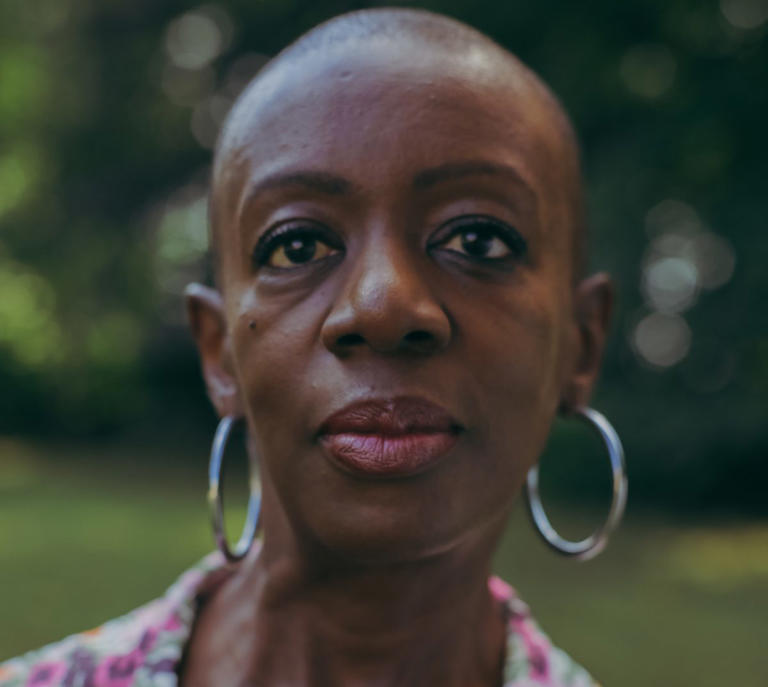
‘I just knew that I was being taken away from my mummy,’ says Remi
The film, directed by Andy Mundy Castle, explores how these adults have been affected, taking it in turns to explore their past with the help of professional therapy.
It was a tough time for Black children growing up in postwar Britain. Landlords would post signs: ‘No coloured, no dogs, no Irish.’ Racial slurs were shouted in the streets and Enoch Powell made his infamous ‘rivers of blood’ speech, decrying immigration. Nigerian families, who had come to the UK on the promise of work and education, found a cold, grey and unwelcoming land.
More than 70,000 West African children were fostered unofficially by white British families between 1955 and 1995 as their parents studied and worked to give their children a better life.
Families looking for help would post in publications like Nursery World, sometimes with pictures or captions. One listing from 1974 read: ‘Pretty baby girl needs a new home.’
Sixty years on, these babies now grown are telling their stories. One of them, Ade, tells metro.co.uk that his early experiences affected him for the rest of his life.
He was taken on by a nanny at two months old while his mother – with no family nearby to help – studied to be a midwife. His parents spotted an advert in a New Cross newsagent, posted by a white woman called Pat.
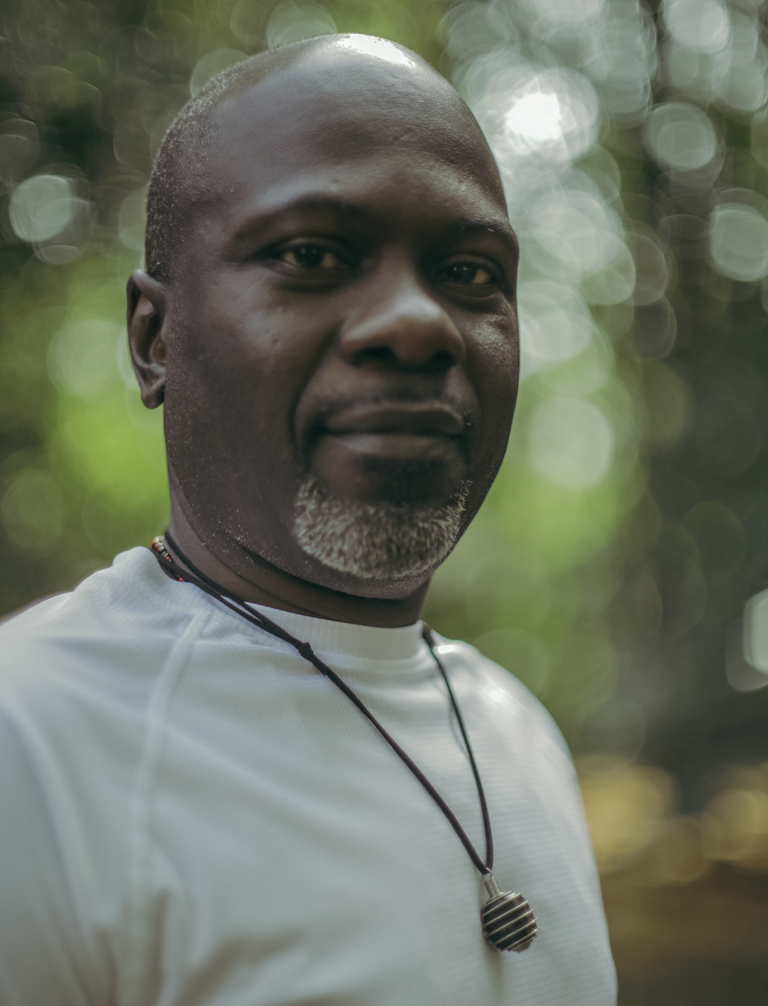
Ade had a good experience of the fostering process but says he struggled to find a place to call home
Desperate for childcare after Ade’s first placement went awry (that nanny used alcohol to get baby Ade to sleep) they agreed a price and Ade was sent to live with her by the seaside. Pat became ‘Hastings Mum’ and every weekend his parents would visit, or he would see his ‘London Mum and Dad’.
In general, he had a good experience of the fostering process. But Ade spent the majority of his adult life moving between Britain, Nigeria and America as he struggled to find a place to call home.
Ade has made peace with the process after talking it through with his dad, who has since passed away. But he says: ‘I always felt like I didn’t know where I belonged. Even the love and connection with my mother wasn’t as strong. I wanted and craved affection. The back-and-forth experience left me with the struggle of – was I Nigerian enough? I felt like I didn’t fit in. There was a sense of displacement, I couldn’t explain it but I didn’t feel grounded anywhere.’
Before his father’s death, Ade came to understand his parents’ decision, adding: ‘During that time, it was just what people did. They came over here for a better life. The UK gave an impression that there was a connection with Nigeria. And when they got here, they had to work and there was nobody to watch their child.
‘So even if they weren’t always happy with it, it was the choice they needed to make to take care of me and make the money. It was part of the culture. Coming back from Hastings, my dad used to ask my mum – are we doing the right thing? It was hard for them. I don’t fault them or judge them.’
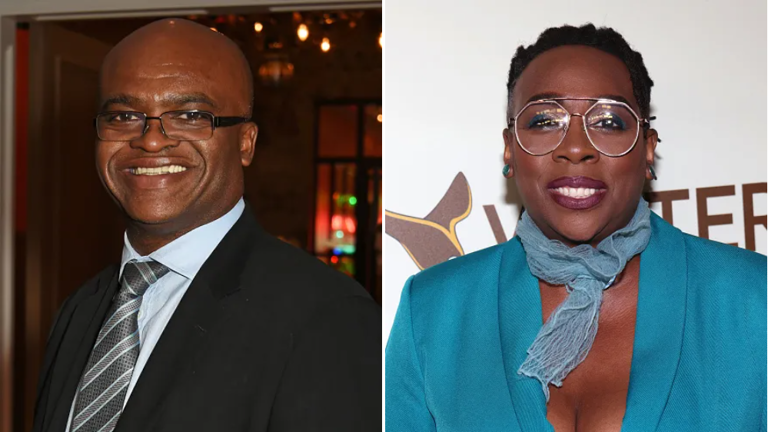
Kris Akabusi (L) and Gina Yashere (R) were also privately fostered as children
This nuance was important to director Andy Mundy-Castle, who believes the story has largely gone unreported because, really, there’s no one to hold to account.
He explains: ‘Both the families that took children in and the families handing over their children knew that something wasn’t quite right because this was being done behind closed doors. It wasn’t vetted. It wasn’t authorised and it wasn’t regulated by any local authorities or councils.’
But he wanted to bring this story to the light now as part of a wider conversation about migration and to broaden understanding around hardships people have to overcome when making an often treacherous journey to Britain
He says: ‘‘There are many nuances to this story and many sides to this story that affect all of us. It doesn’t just affect the people that were at the end of bad treatment. There were young, white British kids who would have, regardless of colour or race or ethnicity, treated this child that was brought into their family as a brother or sister. Now, if that child is suddenly stripped away, they still have to deal with the remnants of that.’
Children such as Gloria who was told at the age of 16 she would be taken to Nigeria.
Like Ade, Gloria was fostered at just two months old when her 27-year-old Nigerian mother trained to be a cardiographer in Britain. She grew up feeling lonely and isolated, ‘sad in the playground’ and ‘culturally alone’.
‘You don’t actually fit in anywhere… It’s like you’re just some sort of… embarrassment’, she tells the documentary, which shows her pulling her adoption documents from a cupboard full of papers.
Heartbreakingly, they read: ‘Since the placement of the child, [Gloria’s biological mother] has taken no interest in her, and has only visited on one occasion, and then on the insistence of the applicant who were at the time the infant’s foster parents.’
Gloria, who was eventually adopted by a family in Margate, was scarred by her formative years and skin, hair and figure, so different from her white peers, left her self-conscious and unhappy. When she did finally move to Nigeria, the language barrier was too great and she was derided for the way she spoke and what she wore. It was a ‘scary’ time, she remembers.
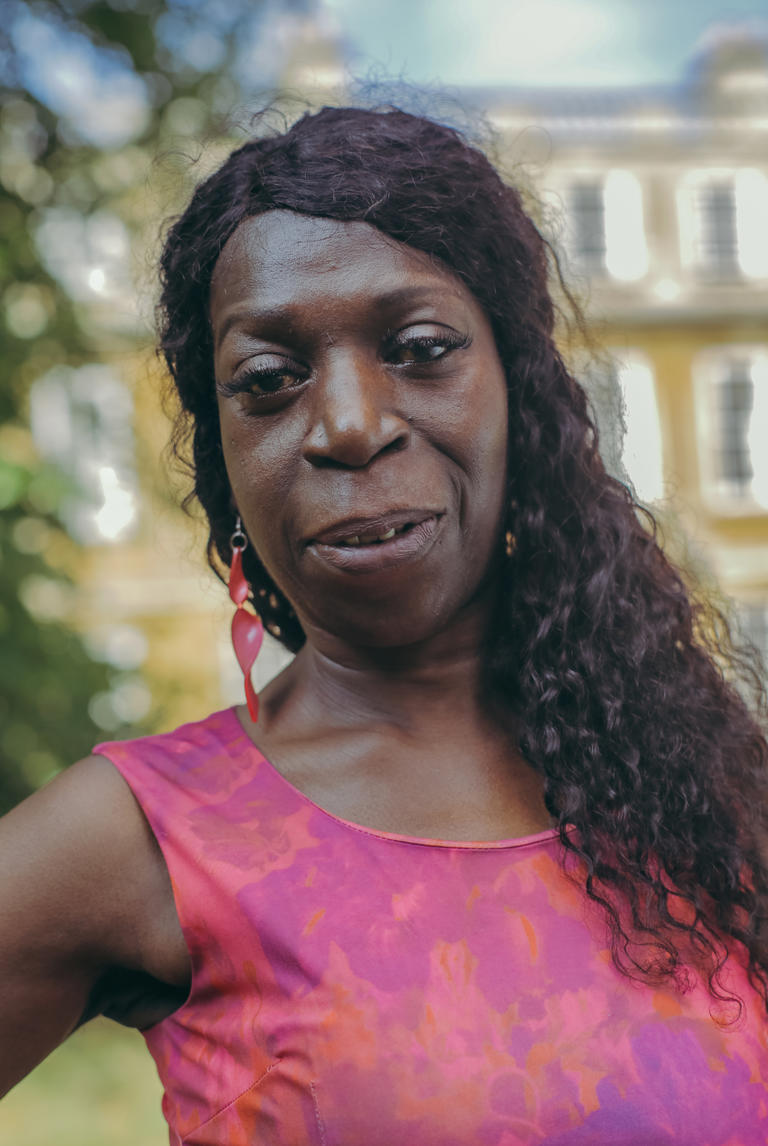
Gloria was eventually adopted by a family in Margate, but says she was scarred by her formative years (Picture: Channel 5).© Provided by Metro
Gloria’s feelings of confusion, isolation and grief are shared by the eight other interviewees to different degrees. They talk of rejection, abandonment, self loathing and generational trauma. Even when secure in their home, they felt unsafe outside, with one, Richard talking of being chased out of town as a 12-year-old by a gang of racist adult hooligans.
Richard tells the film: ‘When I walk out of that house: [I was told] “Why don’t you go back to Africa you little Black this, you Black that.” So then I used to go home and tell my people, they’re like “We love you though, we don’t see you as being Black, you’re our son”.’
Private fostering continued into the early 2000s but it slowly came to an end after more stringent measures on safeguarding were implemented by law. For some, the changes came too late, like Yewande, whose story is the most harrowing of all. She tries to make sense of her parents’ decision to leave her in the care of an unknown family: ‘This is England. This is the home country. Everything that shone like gold was here. They trusted that things would be better. They trusted that white is right.’
But Yewande was beaten, tortured and sexually abused at the age of four when placed with a family in Leicester: ‘The only memories I really have of that place is being living in fear, really. I remember one time being beaten so bad that I pissed myself on the lino floor, and I was made to lick it up.
‘I remember them putting a cigarette out on my face. I remember sexual violation… I just remember darkness. Just dark the whole time, dark.’ Her memories of that time are sparse, but she says social services stepped in and she was taken to a children’s home, which she horrifyingly describes as a “paedophile ring”.
Yewande adds: ‘So, I grew up really feeling abandoned. I remember going into a phone box, picking up the phone and saying ‘Mummy, I promise I’ll be good, please, I promise, we’ll both be good, please, please, come and get us, please come and get us’.
It is a distressing and powerful watch. The other participants, appalled for Yewande, envelop her as a group and she sobs and howls into their embrace. It’s a poignant scene and a reminder that while the bonds of community can be disrupted for a time, they can never be truly broken.
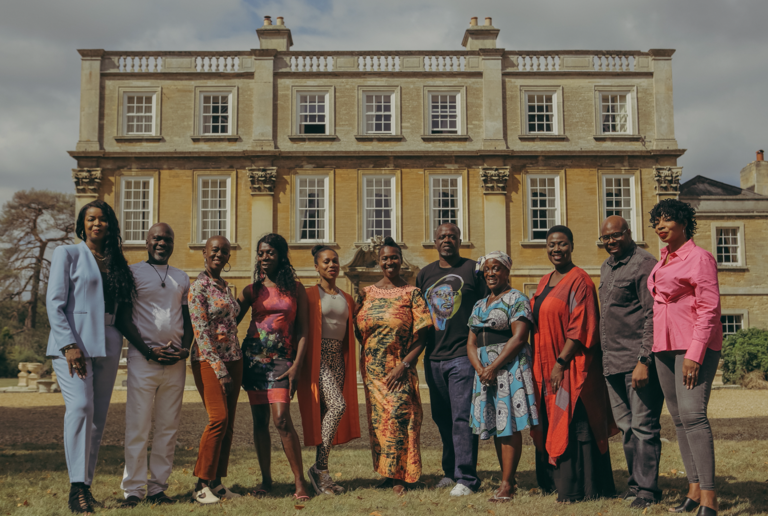
No comments:
Post a Comment